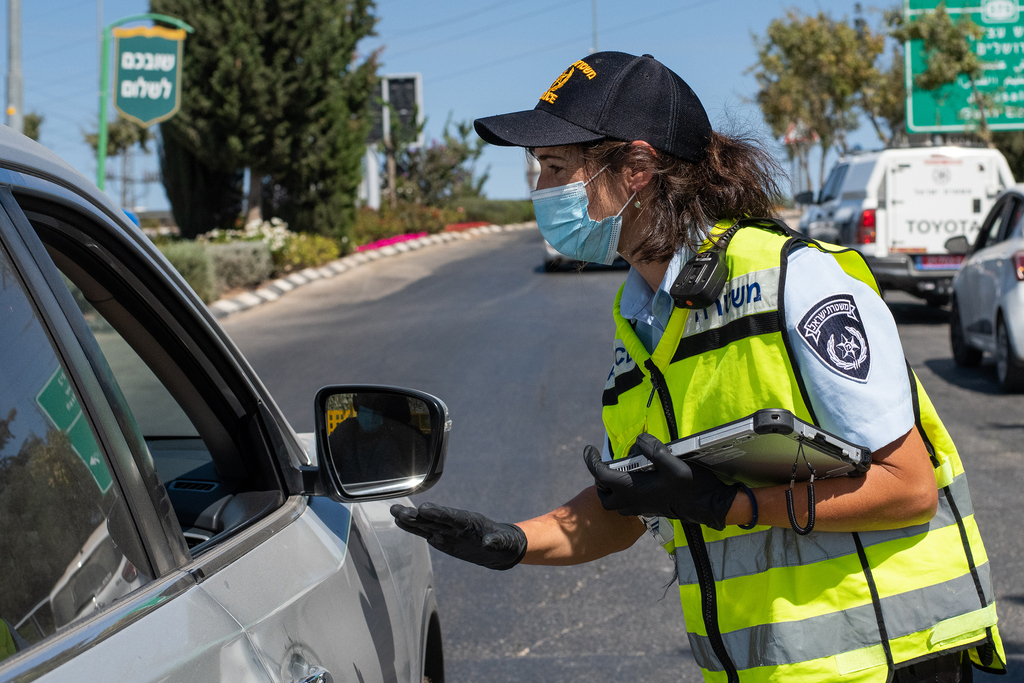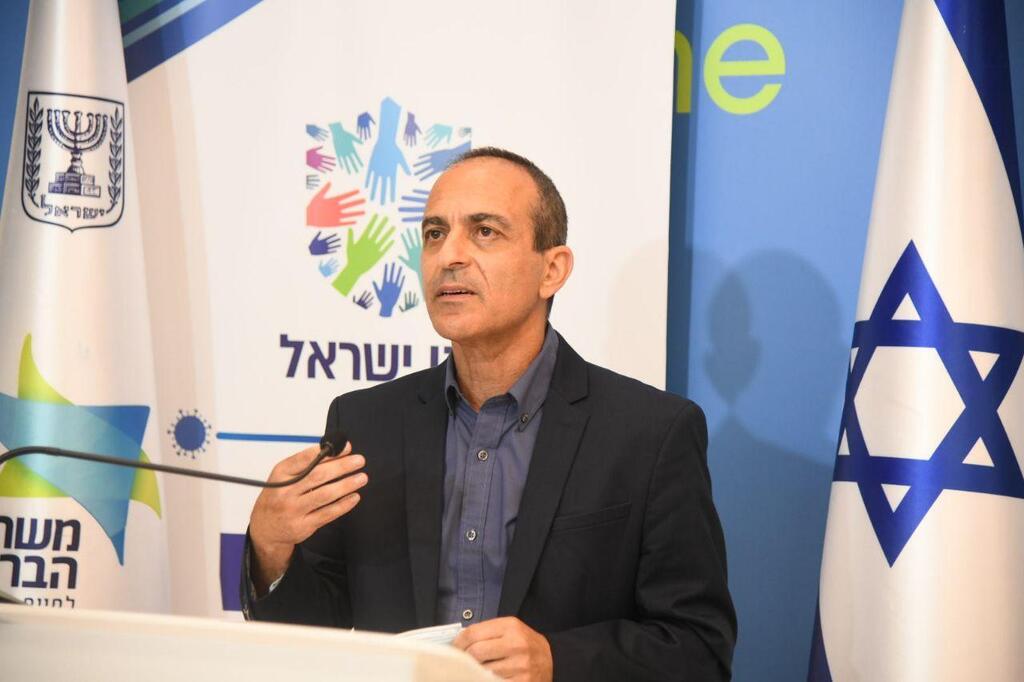Getting your Trinity Audio player ready...
Israel no longer has any significant "red" coronavirus hot spots requiring localized closures, health officials said Tuesday.
The officials were speaking ahead of a meeting of the coronavirus cabinet to discuss lifting further restrictions as the country emerges from a month-long nationwide lockdown imposed in an effort to stem a spiraling infection rate.
Israel began on Sunday a gradual emergence from a full closure on all schools and non-essential businesses, after its infection rate skyrocketed to a national average of around 14%.
But unlike in May, when the country swiftly reopened fully after weeks of closure, Israel's October exit strategy includes a slow return to full operations, with schools and public-facing businesses opening in what the government says is a careful series of steps.
Coronavirus czar Prof. Ronni Gamzu said Tuesday morning that although the predominately ultra-Orthodox communities of Bnei Brak and Elad still show sizable virus morbidity, they are eligible to lose their "red" classification and start to emerge from lockdown.
The past week has seen a sharp decline in cases in Bnei Brak.
2 View gallery


A police checkpoint during a lockdown at the West Bank settlement of Beitar Illit
(צילום: שלו שלום)
According to Health Ministry data, the central Israel city has 1,803 active patients and has seen a contagion rate of 8.6% over the past seven days, compared to almost 25% at the beginning of October.
Elad reported 361 active cases and a contagion rate of 10.4% over the past seven days.
Ministers were Tuesday to decide on the second stage of Israel's exit from the lockdown, which will determine whether commercial centers or schools will open one after the other or in parallel.
On Monday, Gamzu asked the Ministerial Committee for the Designation of "Restricted Areas," which reviews restrictions on localities with high contagion rates of coronavirus, to lift a lockdown imposed on the ultra-Orthodox towns of Rekhasim, Modi'in Illit and Beitar Illit alongside the Haredi neighborhood of Kiryat Mattersdorf in Jerusalem.
As of mid-Tuesday, only Rekhasim had been taken off the list of "red" communities.


